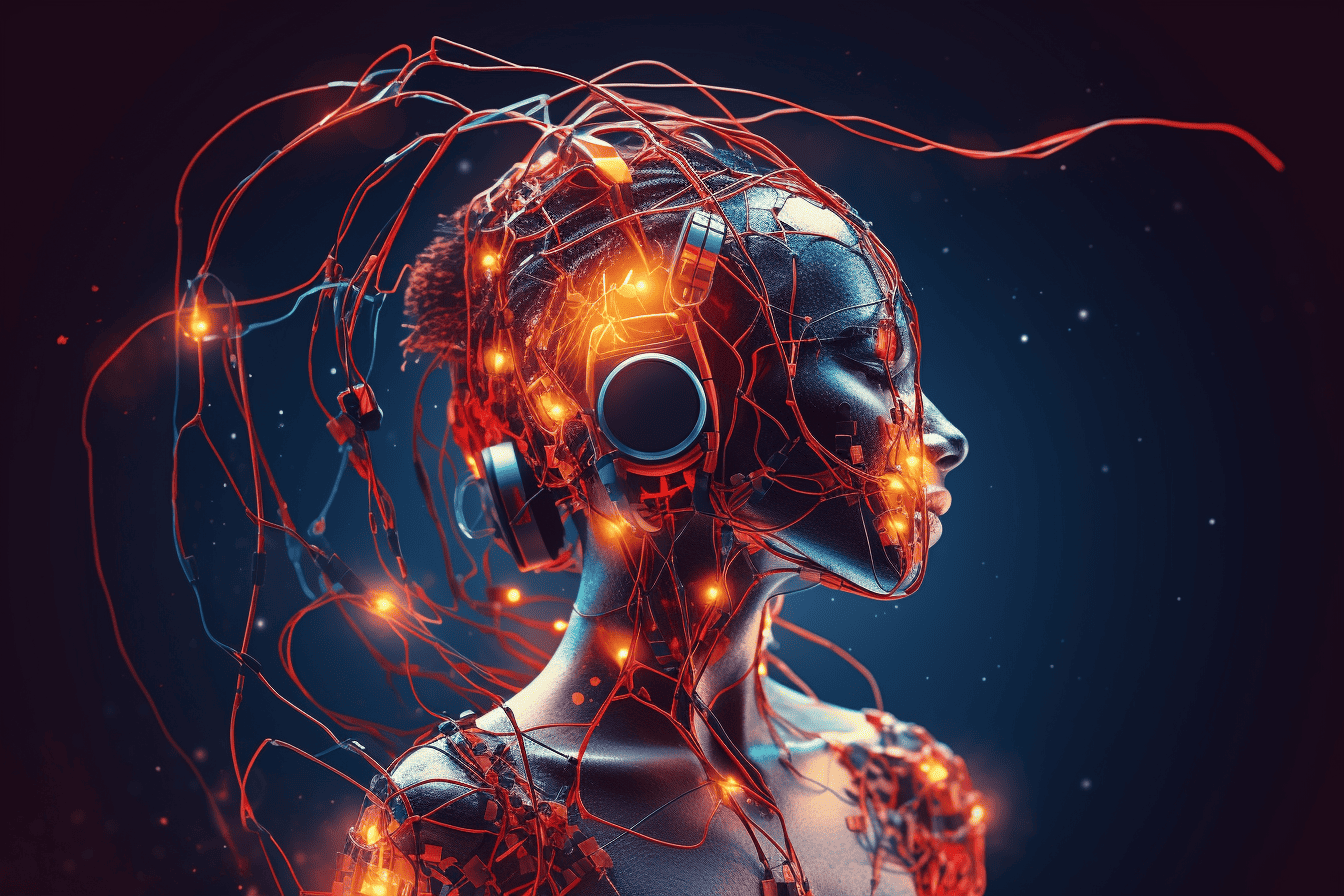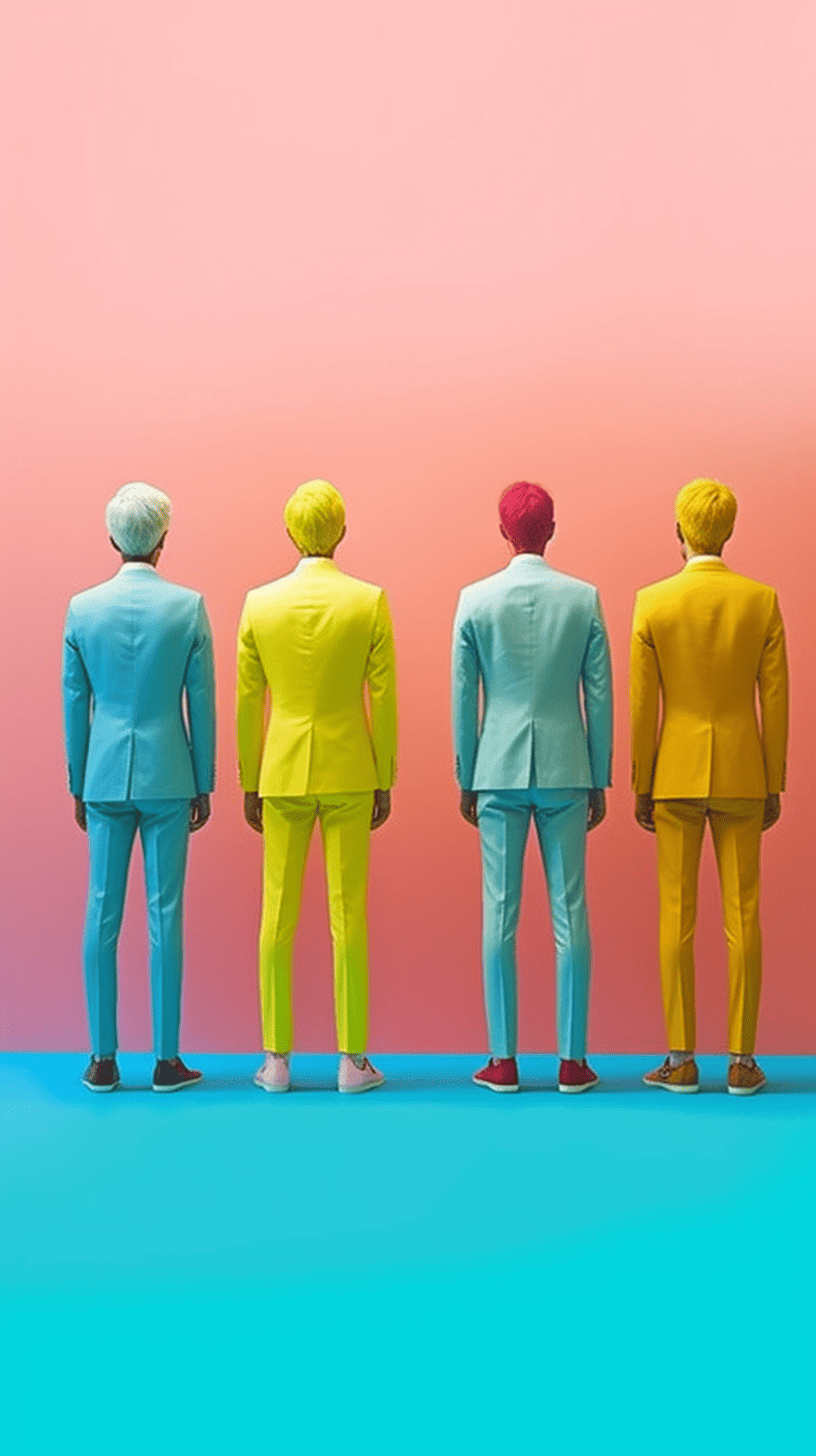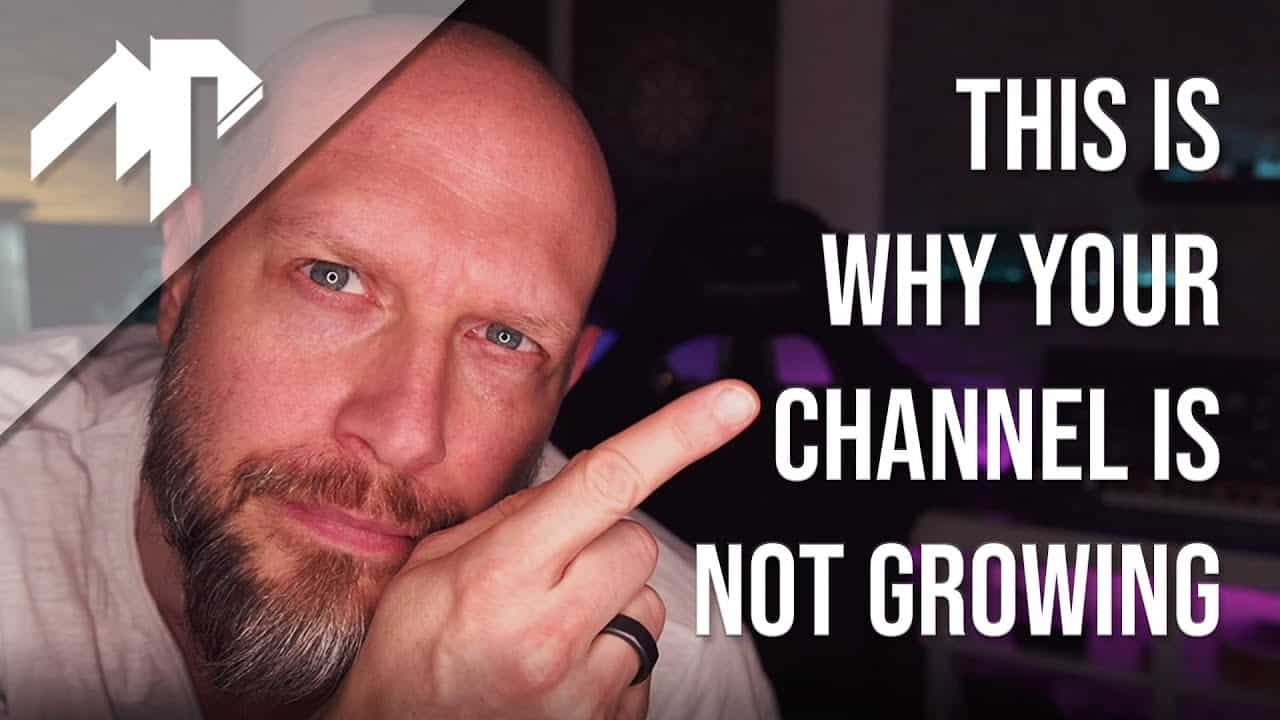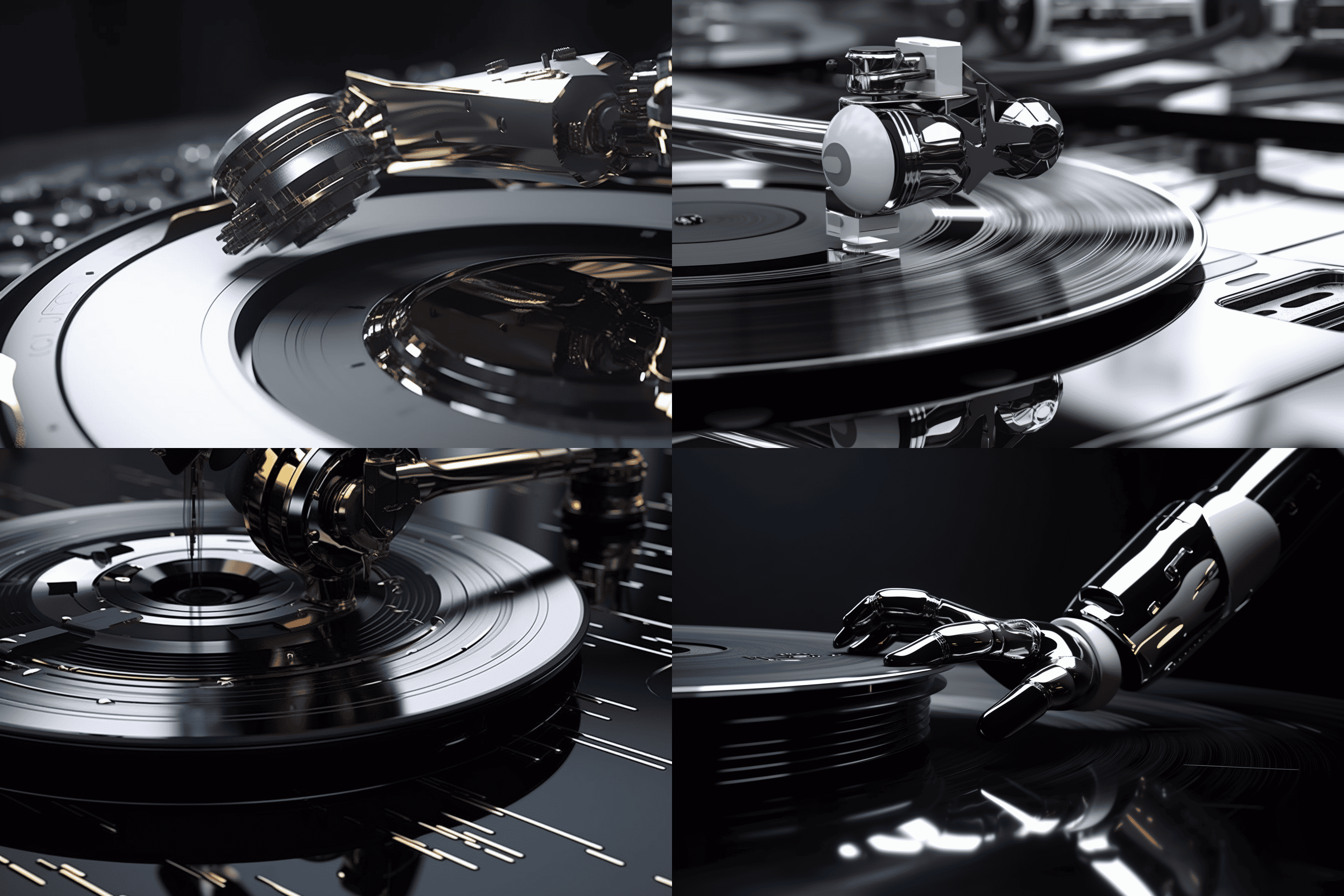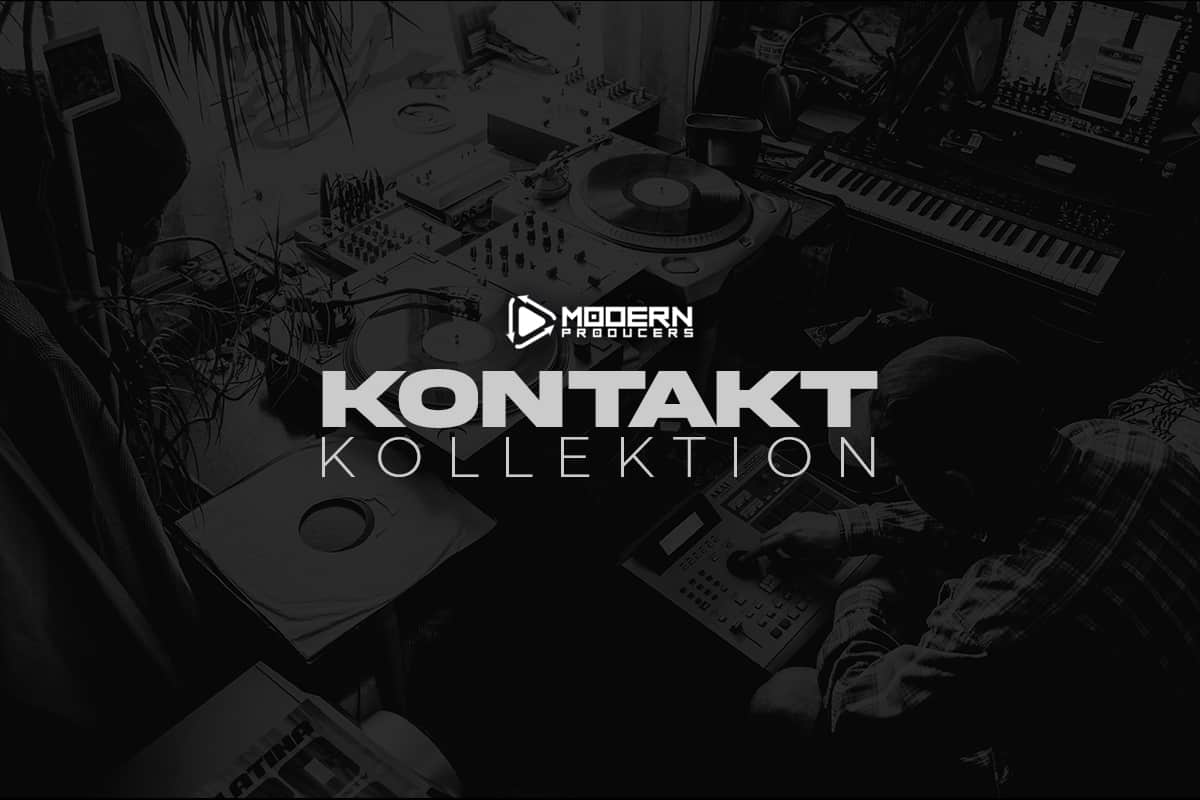As a music enthusiast, I’ve always been fascinated by collaborations between artists. There’s something special about two or more creative minds coming together to create a piece of art that stands out from the rest.
But what happens when technology enters the mix? Recently, AI has been making its way into the music industry in the form of ghostwriting, and it’s changing the game when it comes to collaborations.
In this article, I’ll explore how AI is transforming the process of creating music with others and what this means for future collaborations in music. From examples of existing AI-assisted collaborations to the potential impact on creativity and beyond, let’s dive deeper into what lies ahead for ghostwriting and AI in the world of music!
Overview of Ghostwriting in the Music Industry
Ghostwriting has long been a part of the music biz, and it’s fascinating to see how it’s evolved over time! From songwriters creating hits for other artists, to producers coming up with new production techniques, ghostwriting has become an increasingly popular way for musicians to collaborate.
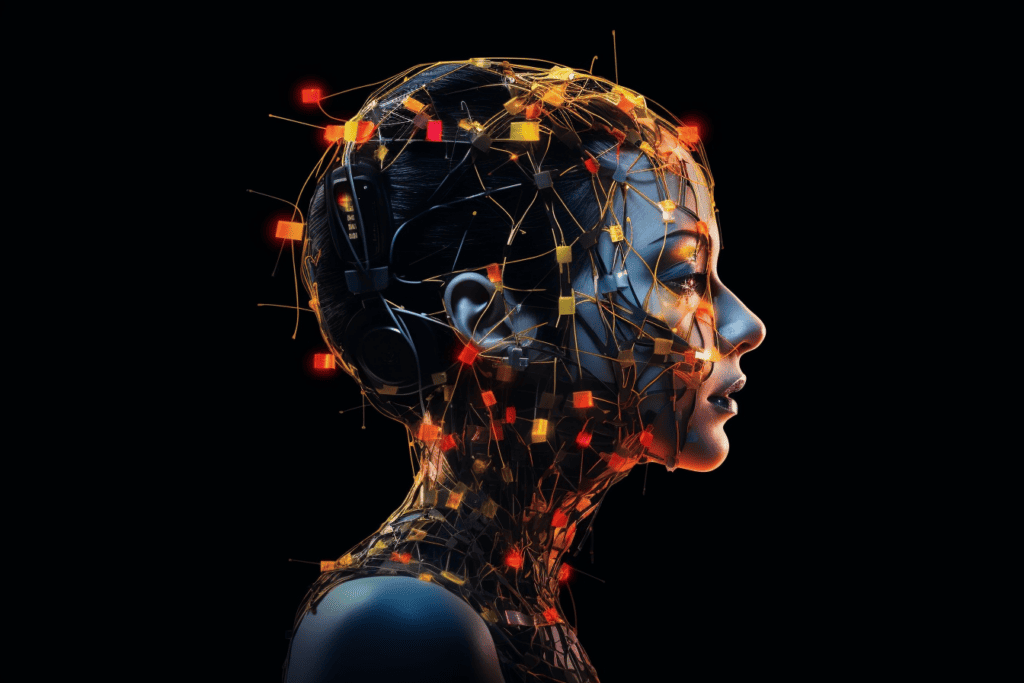
Popular genres such as hip-hop have embraced this trend more than others, with many songs being written by multiple writers and produced by multiple producers. As technology continues to evolve, so does the potential for even more creative collaborations between artists.
With the rise of artificial intelligence (AI) in music production and songwriting, the landscape of collaborations is shifting toward a new era of possibilities.
How AI is Changing the Landscape of Collaborations
With the increasing prevalence of AI-assisted composition and production, have you ever wondered what it could do for collaborations in the creative industry?
Many are already exploring the potential of AI to offer alternative perspectives, shifting roles, and new possibilities that can enhance production. AI has enabled groundbreaking opportunities for collaboration between musicians, producers, and composers by providing them with innovative tools to create music.
AI-assisted music production is a rapidly growing trend that is redefining how musicians collaborate with each other. By leveraging machine learning algorithms to generate melodies and rhythms or creating virtual instruments using generative models, artists can explore endless possibilities for their compositions.
The use of AI allows collaborators to easily explore different types of sounds and textures while also offering enhanced control over the production process. This leads to more efficient collaborative sessions and increased creativity amongst participants as they take advantage of these new capabilities.
Examples of AI-Assisted Collaborations
You don’t have to be alone in the studio anymore, thanks to AI-assisted collaborations revolutionizing the way music is created!
With prominent partnerships like Amazon Music and Sony Music Entertainment, AI technology is being used to compose original songs. AI algorithms generate musical ideas based on given parameters inputted by the artist. This allows artists to experiment with their creativity and explore new possibilities without needing another musician or producer present in the studio.
AI-assisted collaborations also make it easier for musicians to communicate with each other virtually. Producers can share audio files and give feedback directly online, reducing time spent negotiating back-and-forth communication. This allows everyone involved in a project to keep up with changes quickly and efficiently.
By utilizing AI technology, musicians have more flexibility when creating music collaboratively. These types of collaborations will likely become increasingly common in the near future, making the process smoother and more enjoyable for all parties involved.
Potential Impact on the Creative Process
The potential impact of AI-assisted collaborations on the creative process is undeniable – with its introduction, artists can now break boundaries they never thought possible and take their art to new heights!
The emotional impact of this technology, coupled with the technological advancements it has brought forth, will have a lasting effect on creativity. It has opened up a new world for artists to explore, allowing them to craft unique sounds that were impossible and create music that speaks directly to their audience in ways only dreamed of before.
AI-assisted collaborations are revolutionizing the music industry by empowering artists to go beyond their comfort zone and create something truly special. AI-assisted collaborations have also made it easier for artist collaborate across multiple genres and locations.
This allows for an unprecedented level of freedom when it comes to expression and greater opportunities for collaboration between different types of musicians from around the globe. By creating these connections through technology, artists can push each other creatively and come up with something totally original that could never have been achieved without AI assistance.
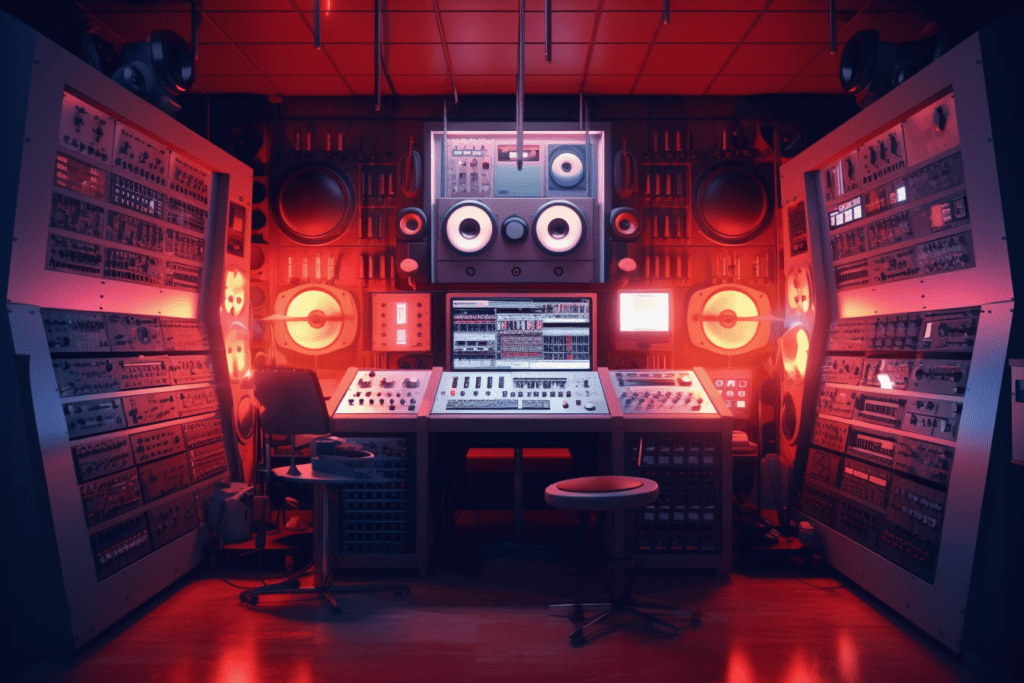
With ghostwriting and AI’s assistance, the creative process is becoming more fluid.
What the Future Holds for Ghostwriting and AI
Imagining what lies ahead for the creative process, you can be sure that ghostwriting and AI will continue pushing boundaries and opening up new possibilities for artists.
As technology advances, so too do ethical implications surrounding copyright issues. It’s important to consider the potential impact of automated writing on intellectual property rights and how it could affect authorship within music collaborations.
Additionally, there are significant questions around whether AI-generated music will be able to stand as an original work or if its creator should be credited instead. The potential applications of this technology are vast, from providing greater access to music production resources for independent artists to potentially allowing labels and publishers to expand their catalogs with a low cost investment in time and money.
With more tools available for use in the creation process, we can expect artificial intelligence-generated songs and lyrics to become increasingly commonplace in popular culture over the coming years. Ghostwriting combined with AI can revolutionize music collaboration, enabling unprecedented levels of creativity by combining human ingenuity with machine precision.
Frequently Asked Questions
What skills are required to be a successful ghostwriter?
As a successful ghostwriter in the music industry, you must possess a variety of skills.
According to recent data, the most successful ghostwriters are those who have strong AI capabilities and are adept at managing the collaboration dynamics between themselves and their clients.
It’s also important to be creative and develop skill sets such as developing lyrics or creating catchy hooks.
Ghostwriting fees can range from hundreds to thousands of dollars, so creativity levels should always be high when engaging in this type of job.
To ensure success as a ghostwriter, it takes more than just technical skills – creativity and an eye for detail are key components that will help elevate your work above the rest.
How are AI-assisted collaborations different from traditional collaborations?
Collaborations between musicians have drastically changed with the introduction of AI-assisted music production.
Cross-genre collaborations are now possible as machines can help bridge gaps in skill sets, allowing for a greater variety of collaboration opportunities and creative control.
Machine learning enables musicians to quickly build skills they wouldn’t otherwise have access to, while also maintaining their own unique style.
With such revolutionary advancements in music production, audiences are provided with an entirely new experience that inspires innovation and creativity.
What ethical considerations arise when using AI in music collaborations?
The use of AI in music collaborations has the potential to bring about breakthroughs and new, exciting opportunities for creativity. However, with this newfound capability come complex ethical considerations that need to be considered.
What are the benefits of using AI-assisted collaborations? What drawbacks could arise from this technology being used? How might it affect our culture, and what are the implications for ethical standards we should adhere to when creating music with artificial intelligence?
These questions must be answered if we want to ensure that AI is utilized in a responsible manner and its impact on humanity is a positive one.
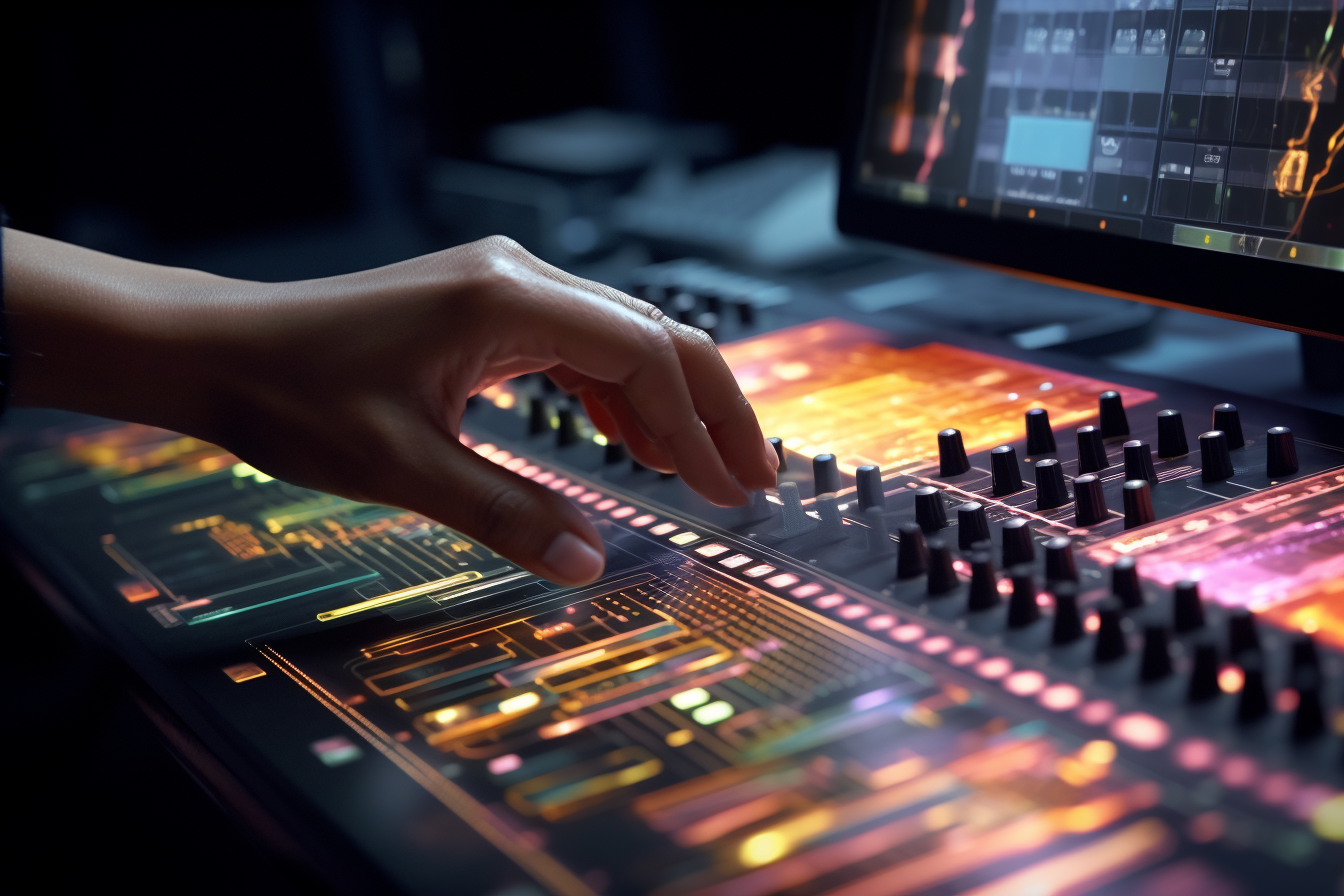
What are the potential legal implications of using AI in music collaborations?
As music collaborations increasingly utilize artificial intelligence (AI) technology, entertainment law and copyright infringement become major considerations.
AI privacy is a particularly complicated area of the law, as its use in creative arts such as music can often be unpredictable or difficult to monitor.
Additionally, it’s important that artists understand how their music is being used with AI and ensure that they maintain control over their copyrights. Failure to do so could lead to costly legal troubles related to copyright infringements.
As such, it’s essential for artists and producers using AI in their collaborations to stay informed about current laws regarding AI privacy and copyright protection.
How can the use of AI in music collaborations be regulated?
Do you ever wonder how the use of AI in music collaborations can be regulated?
With technology advancing at an unprecedented rate, it’s important to consider what laws and regulations need to be implemented in order to protect artists’ rights.
Music licensing and copyright issues are two key elements that must be addressed when regulating the use of AI in music collaborations.
It’s essential for people to understand the implications of using AI when creating music so that artists can benefit from their hard work being used by others.
Therefore, it’s necessary for governments and industry professionals to come together to establish rules that protect creators’ rights while also recognizing the benefits of innovation and creativity.
Conclusion
Ghostwriting and AI have the potential to revolutionize collaborations in music. Creatives have access to more tools than ever before, allowing them to break creative boundaries and push the limits of their artistry.
AI-assisted ghostwriting is likely only the beginning; as technology advances, we can expect to see even more innovative ways for artists to collaborate. By harnessing both human creativity and machine intelligence, we’re sure to witness some truly awe-inspiring works of art in the near future.
These collaborations will be a testament to mankind’s ability to dream bigger than ever before.

